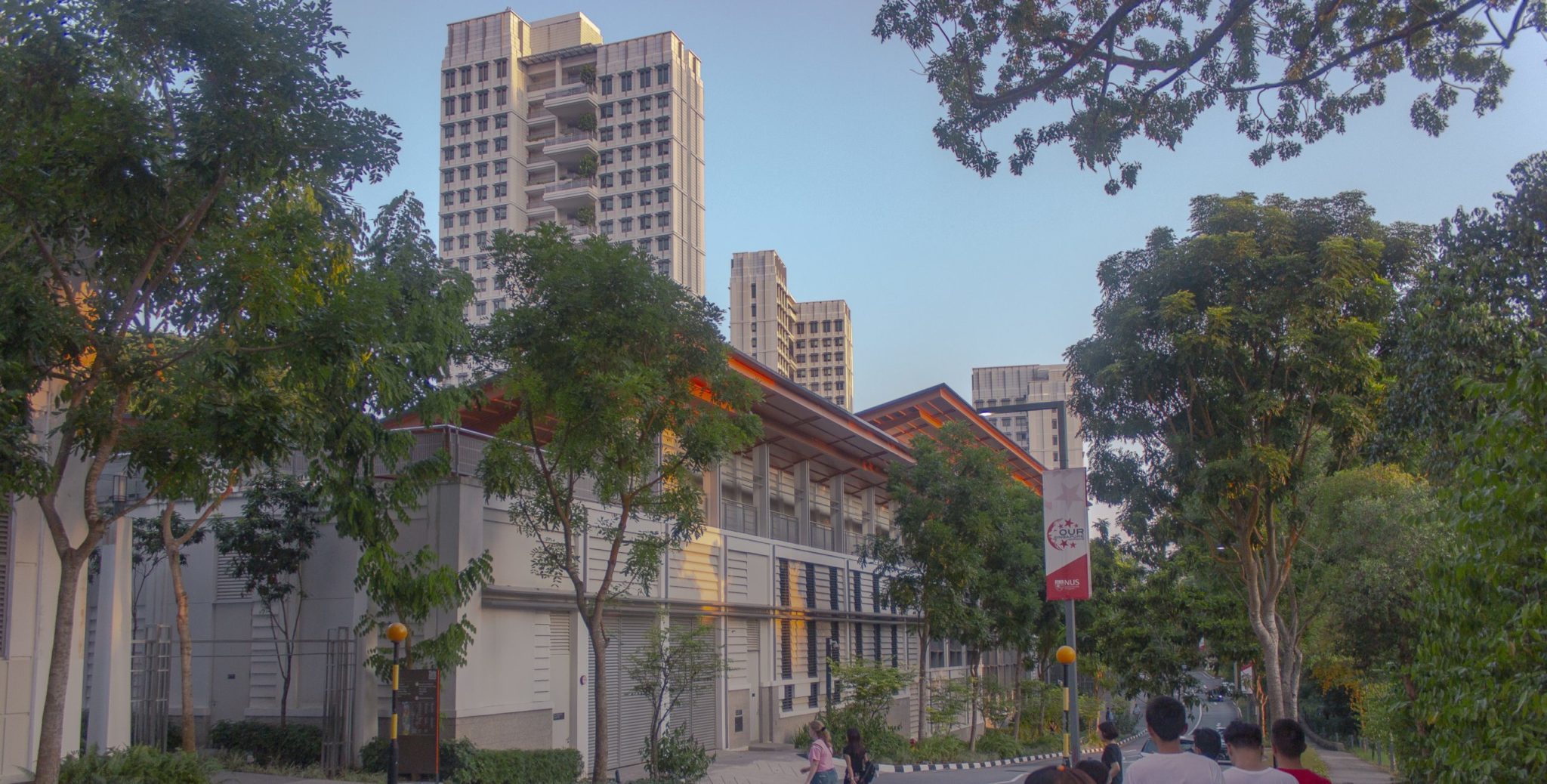
Courtesy of Joshua Vargas
As the new Biden administration took office in Washington, D.C. last month, students and professors from Yale-NUS College explored the future of American democracy from the other side of the world in Singapore.
On Jan. 19, Yale-NUS held a webinar titled “The Future of American Democracy” that featured Professor of Political Science and Humanities Bryan Garsten, Professor of Jurisprudence at Yale Law School Samuel Moyn and Yale-NUS Assistant Professor of Political Science Benjamin Schupmann. They spoke about the legitimacy of democracy in the United States, as well as possible paths forward from the tumultuous events on Capitol Hill in recent weeks. According to Yale-NUS Vice President Trisha Craig GRD ’93, the webinar expanded upon Yale-NUS’ recent engagement with American politics and democracy, and helped extend the school’s global audience.
“Look, in the very long term, the future of the U.S. is clear: it will fall, as all empires do,” Garsten said in the webinar. “We have yet to see in human history a political regime discover the recipe for immortality … I think that the current situation in the U.S. shows that the greatest threat to American democracy comes not from its rivalry with other countries, but from within.”
Garsten said during the talk that the U.S. Capitol Building was on Jan. 6 protected by more soldiers than the U.S. had posted in Iraq, Afghanistan and Syria combined — and that they were protecting the Capitol from America’s “own citizens.”
He added that one of the major inside threats to American democracy is the idea that democracy is an easy and natural form of government. He said the idea first originated during the Cold War. But, he explained, democracy is the form of government that “requires the most” from its citizens. Garsten said that, in many ways, the United States has fallen into a manipulatable state that endangers its democracy.
Schupmann shared his thoughts with the News, expressing similar sentiments to Garsten.
“I’m pessimistic about the future of American democracy — as well as the future of democracy in general,” Schupmann wrote in a statement to the News. “Trump is … a symptom of deep socio-economic problems in American society. Until the issues that motivated those voters are addressed, they will continue electing candidates like Trump.”
Schupmann explained that Americans are becoming disenchanted with the United States’ liberal democracy, which they believe has failed to protect them from economic crises, climate change and globalization. As such, he said they are entertaining more radical political systems that “systematically undermine” liberal democratic constitutionalism.
But even as he said the legitimacy of American democracy has “been damaged” by the last four years of the Trump administration, Schupmann acknowledged that some pro-democratic movements — such as that in Hong Kong — may suffer now that Trump is out of office.
“Beyond the interest in the outcome of elections, students at Yale-NUS are concerned with the US’s position vis-á-vis China and what that means for global and regional stability [and] the US’s participation in global agreements such as the Paris Climate Accord,” Craig wrote in a statement to the News. “They listen with great interest and often consternation to the rhetoric of America First coming out of the US.”
Craig said that many Yale-NUS students are interested in studying in the United States because of America’s willingness to embrace the best talent from around the world. However, she said that Trump’s “America First” policies have “dampened the allure” of the United States to students and researchers.
Craig added that a stable American democracy is essential to the world order because prolonged tensions between the U.S. and China could put Singapore in the “damaging position” of having to choose between the two countries.
“Yale-NUS has the great advantage of being an institution rooted in both the East and West and we see one of our roles as helping bridge the divide between the two,” Craig said.
Schupmann similarly said that U.S. politics are incredibly important in Singapore. He pointed to Trump’s withdrawal from the Trans-Pacific Partnership, a trade agreement between 12 major Pacific Rim countries as an example demonstrating decreased confidence in the United States. The withdrawal created a “leadership vacuum” that China has begun to fill, according to Schupmann.
Schupmann explained that the withdrawal made many Sinaporeans doubt that the United States will consistently keep its word and “do the right thing” across future administrations.
“The actions of the Trump administration demonstrated how unreliable a democracy — and its people — can be,” he said. “This belief will impoverish both America and the world … The future of American democracy will help to determine what kind of world we all live in.”
Biden was sworn in as President of the United States on Jan. 20.
Julia Brown | julia.k.brown@yale.edu







